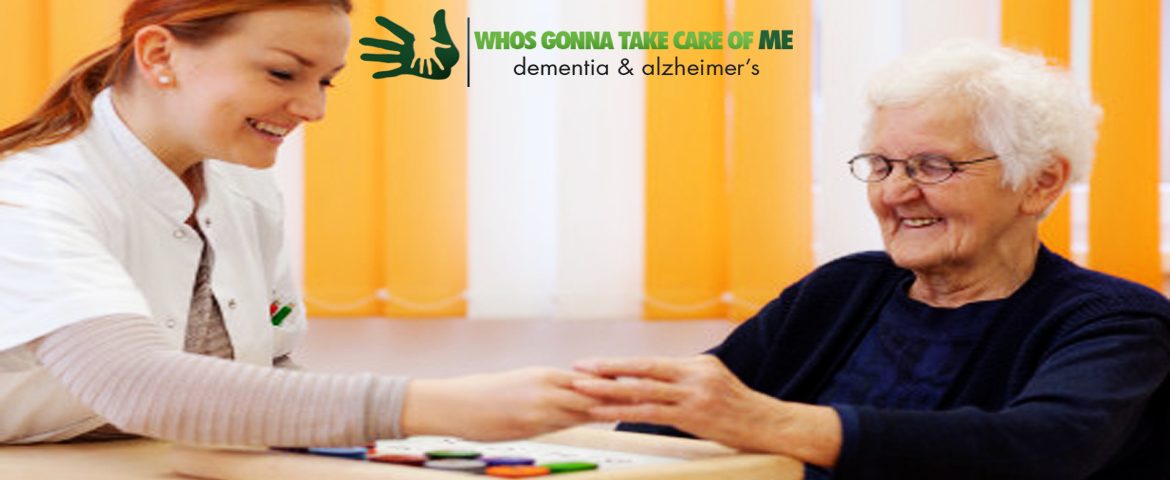Finally! You’ve got Momma settled into her new assisted living quarters. Both you and mom are anxious. The facility representative made this place sound like heaven. All of Momma’s need will be taken care of, that’s what was promised.
How can you ensure promises made are kept? Or close to kept?
Observation – You know your mother. If she typically overdramatizes mistreatment from the staff, she should continue this line of behavior.
If you’ve placed her in assisted living or a nursing home, than you already know how she behaves during long-term stays at the hospital. Typically, is she paranoid? Complacent? If her behavior strays from the norm, it could be a red flag that something is amiss.
Avoid interrogation. Remember, she will mirror your reactions. If you feel things aren’t right, step back, take a deep breath and consider your approach.
Ask specific questions – When I was a kid, I’d walk home from school and bound through the door to make a b-line toward the kitchen refrigerator. But there stood Momma, broad smile on her face, “How as your day?” she’d ask as I tried to shimmy past her in the living room. My stomach wanted last night’s leftover spaghetti.
But Momma wouldn’t accept my answer of, “Fine.” She wanted to know everything. What time was Reading class? Who did I sit next to in lunch? What were the rules of the game we played in gym class.
I’d sigh, resigned that I’d have to give her the ___ before my fork could dive into my pasta.
Yes momma was curious, but good mommas know that the more involved parents are in their children’s lives, they decrease the odds and intensity of teenage rebellion.
Now it’s my turn to ask the questions. I really want to know the answers Momma has dementia meaning I need to decipher her answers as well as ask simple questions.
How are you feeling now? What did you eat for breakfast, How are you knees? Did you need your blood pressure medication today?
No need to rapid-fire your questions. Limit your questions to three each visit, you can ask more but you want to avoid making her feel like something is up.
Encourage your mother to connect with a few staff members. The stronger the connection, the better care she will get.
Facilitate resident friendships. When I was a kid, Momma planned birthday parties, etc. Create opportunities for your parent to engage in board games, movie nights, etc. When residents participate in social activities, they Engage with the staff.
Connecting with the staff is crucial to ensuring top-notch #MommaCare. A quick question about their family or favorite sports teams can go along way when Momma needs extra attention. Also, ask a few questions about your parent, “How’s Momma’s diet?” or “Is there anything I can do to help?” Be careful here though, if you appear too helpful, it may seem as though you are subtly accusing the staff of not doing enough.
Visit often – the more family visits a patient receives, the more attentive the staff are in meeting the patient’s needs.
Spontaneous visits – Pop in during mealtimes, after shift-changes, and all hours of the night. Doing so underscores ‘round the clock care for your Momma.
Check for bed sores or pressure wounds – Jump in the driver’s seat and take over. Tell your parent you are checking their skin. Elderly people are more susceptible to pressure wounds. And pressure wounds can lead to infection. If your Momma is diabetic, checking for open wounds is paramount. Untreated sores can lead to amputation in a diabetic sufferer.
Bring water and snacks – Share a bottled water during your visits or eat a snack. Dehydration is much more serious in the elderly. Sometimes staff are too busy to bring water, especially when they are performing more urgent tasks.
Remember, no facility is 100 percent perfect 24/7, but, the facility is only going to be as good as you make it.


